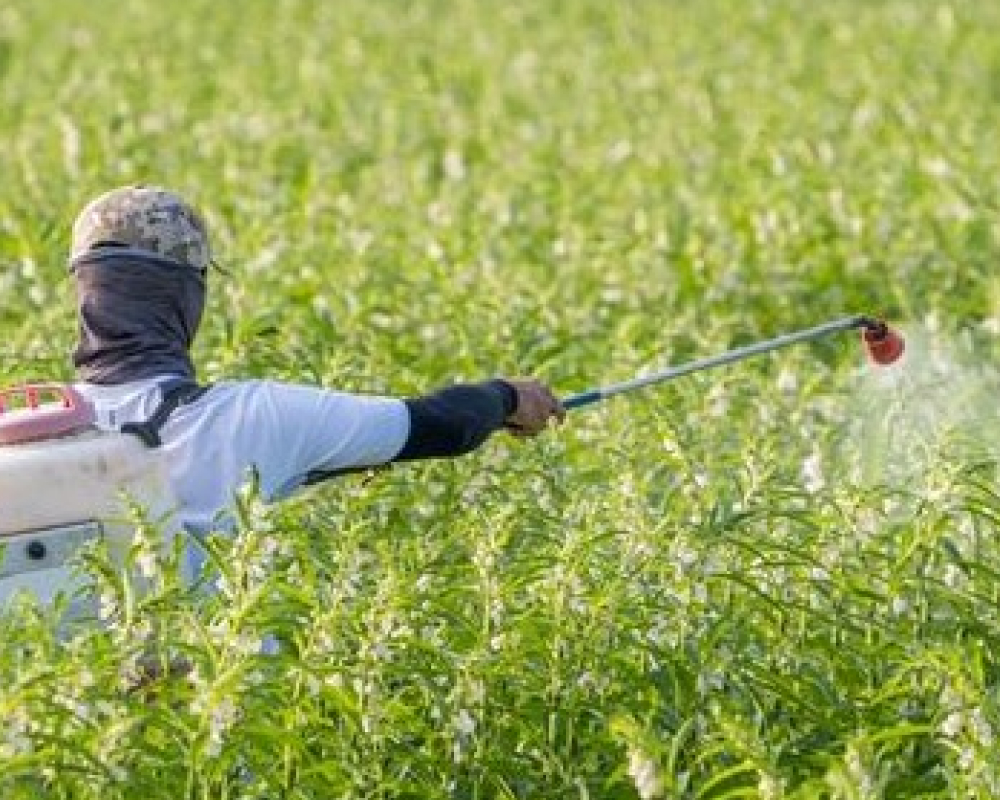- Home
- About us
- Products
Vegetables
Cereals
Oil Seeds
- Infrastructure
- Contact us
- Home
- About us
- Products
Vegetables
Cereals
Oil Seeds
- Infrastructure
- Contact us


The management of pests and diseases is of paramount importance for agricultural productivity, food security, and environmental sustainability. Crop losses due to pests and diseases can have significant economic implications, affecting the livelihoods of farmers and disrupting global food supplies. Moreover, the indiscriminate use of chemical pesticides can lead to environmental degradation, harm beneficial insects, and pose risks to human health. Therefore, adopting sustainable pest and disease management practices is crucial for mitigating these risks and promoting ecological balance in agricultural systems.
Integrated Pest Management (IPM) is a holistic approach to pest control that emphasizes prevention, monitoring, and intervention strategies. By combining cultural, biological, and chemical control methods, IPM aims to minimize the use of pesticides while managing pest populations effectively. Cultural practices such as crop rotation, sanitation, and planting resistant varieties can help reduce pest pressure, while biological controls such as natural predators and parasites can offer sustainable solutions for pest management. Chemical pesticides are used judiciously as a last resort, targeting specific pests while minimizing environmental impact.
Maruti Crystal, Opp. Rajpath Club, S.G. Highway. Bodakdev, Ahmedabad- 380054